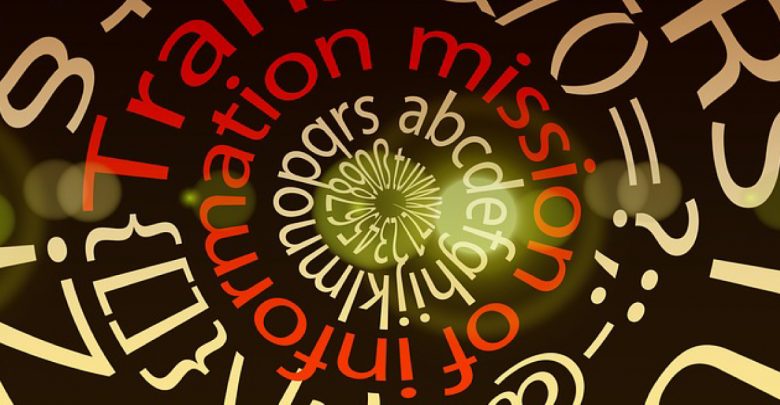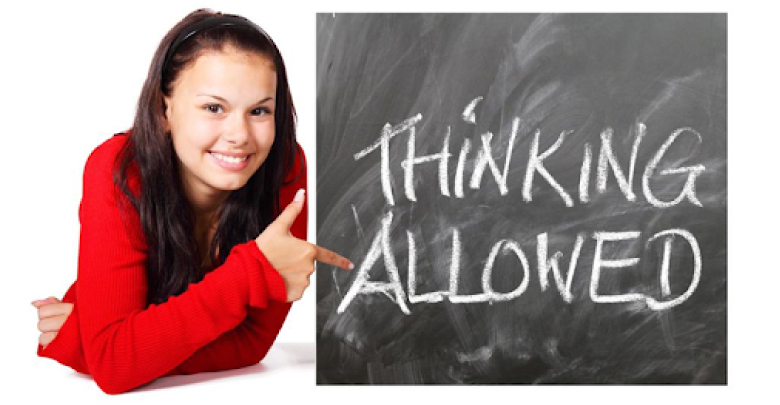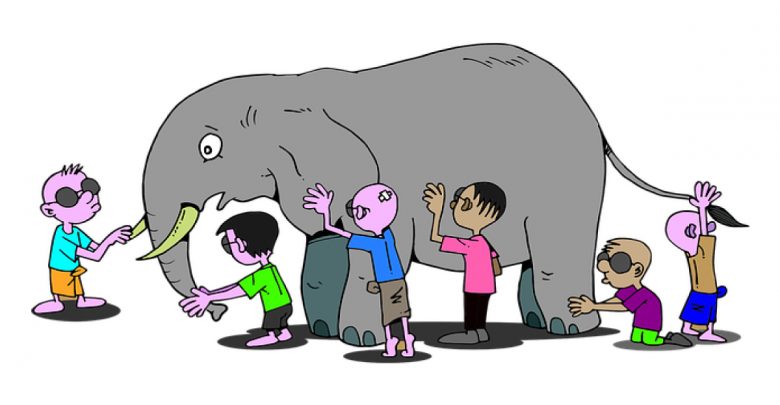Search Results for: Amr Araf
-
Amr Araf Contributor Articles from this author Amr Araf is a freelance consultant, trainer and researcher based in Cairo, Egypt. Amr believes in the impact of youth work and the efficiency of non-formallearning thus he turned these into his main areas of speciality. He works with several local and international institutions in MENA and Europe on designing and delivering educational…
Read More » -
Meet our trainers Darko Mitevski Trainer profile Dagna Gmitrowicz Trainer profile Jim Kleiber Trainer profile Leilani van Rheenen Trainer profile Donatas Petkauskas Trainer profile Federica de Micheli Trainer profile Antonio Jovanovski Trainer profile Meet our contributors Lauma Zubule Contributor profile Peter Hofmann Contributor profile Aleksandar Cickovic Contributor profile Martina Durljanova Contributor profile Vafire Muharemi Contributor profile Anamarija Velinovska Contributor profile…
Read More » -
What we know and how we transfer that knowledge to others is a completely different world. How many times we have said that someone knows a lot, but is not able to share and to pass the knowledge, the values or the passion to others? Because it is not easy to think and to put ourselves as trainers in a…
Read More » -
Introduction: A trainer should be flexible to adjust the contents of the program to the process of the group to empower the learning experience and provide a safe environment for better learning. Learning is important because no one is born with the ability to competently function as an adult iIb Ravn describes facilitation as the canalization of the energy and…
Read More » -
Learning is important because no one is born with the ability to competently function as an adult in the society. It is especially important to understand the kinds of learning experiences that lead to transfer, defined as the ability to extend what has been learned in one context to new contexts (e.g., Byrnes, 1996:74). Educators hope that students will transfer…
Read More » -
Sometimes it could happen that we are challenged by a group in a training course and the following might happen for different reasons: 1. the content is not coherent with the need of the group, 2. the delivery of the session is not well adapted to the learning style of that group, 3. sometimes we are in a specific phase…
Read More » -
Introduction: Here we’ll have to explore practical skills. Skills that gets sharpened by experience and tough situations a trainer can find him/herself in. It is closely tied to the “Making Observations” article. Both rotate around each other. We observe, interpret and take actions accordingly. Then we re-observe what these actions have produced so we can assess the situation again. It…
Read More » -
Introduction: Seek and you shall find. If we don’t seek we won’t find. It is that simple. If you think that the program is perfect and is a masterpiece, you will never observe anything that wouldn’t support that assumption. Here the criterion is “readiness”, which is being ready to observe the things that oppose your presumptions about the program and…
Read More » -
Introduction: We live in a world where integration between diverse groups, whether religious or race or whatever base these groups were built, is needed more than ever. These days are not like early in the century when a few groups were dominating the discourse. These dominant groups used terms that are relevant to them and only them, terms that can…
Read More » -
Introduction: Being aware of what is happening all over the globe is quite hard and sometimes exhausting emotionally and mentally. However, as a trainer to integrate socio-political elements in programs, there must be a limited amount of knowledge of most socio-political events relevant to the program, learners and/or the topic. It is a hard task, but one that is essential…
Read More »







